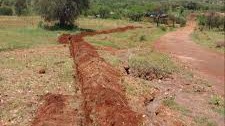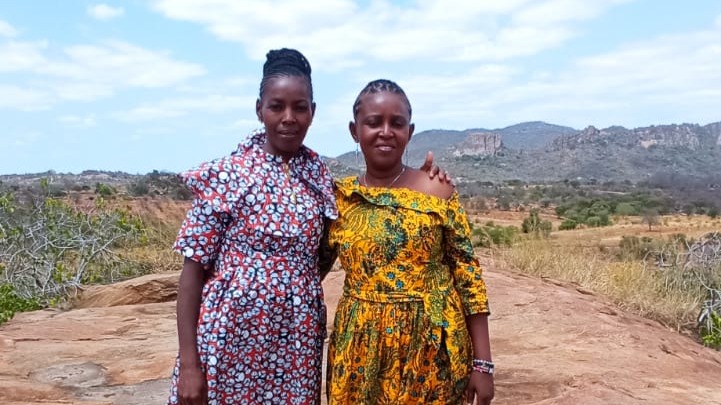Tharaka Nithi, Kenya– The impact of climate change is no longer a distant threat, it is already here, causing widespread social and environmental disruption across the globe. In Kenya and beyond, the effects are clear: prolonged droughts, failing crops, rising food prices, and growing pressure on natural resources. But while climate change affects everyone, it does not affect everyone equally.
Women, particularly those in arid and semi-arid areas, bear the greatest burden. With fewer resources and less access to decision-making spaces, they are more vulnerable to climate shocks. Meanwhile, those with power and wealth are often the first to benefit from emerging opportunities in a low-carbon economy.
Despite these challenges, the African Center for Health, Climate & Gender Justice Alliance (ACHCGA) has launched a bold initiative called Resisting Exploitation, Claiming Liberation and Justice for Women (RECLAIM). The initiative is focused on empowering women to lead the charge for change and shape a more secure, just, and sustainable future.
Notably, climate change has increased gender-based violence in Kenya including Tharaka Nthi County, which, faces a significant challenge with high rates of Gender-Based Violence (GBV), particularly violence against women and girls.The county has been identified as a hotspot for GBV, with studies revealing high incidences of hitting, beating, and even killings.
It is against this backdrop that the the African Center for Health, Climate & Gender Justice Alliance (ACHCGA) puts Tharka Nithi women first so that they can be empowered to make a difference while also safeguarding their future and well- being.

It is clear that climate change is felt globally, however, the burden is not shared equally. Women, often with the fewest resources, continue to be disproportionately affected. Yet, when given the opportunity to contribute to climate mitigation, they leave nothing to chance and are better equipped to address sexual and gender-based violence, which is often amplified by climate change. Whether the African Center for Health, Climate & Gender Justice Alliance (ACHCGA) will achieve lasting transformation remains to be seen but what is certain is that with women at the forefront, meaningful change is not only possible, it is inevitable.

